
Why the Japanese Live Among the Longest Lives in the World
Why the Japanese Live Among the Longest Lives in the World Even Though 60% Dislike Exercising: The Secret Lies in 5 Habits Worth Learning
Many assume that the Japanese owe their longevity to a lifestyle centered on exercise and fitness, but in reality, that’s not the case.
When it comes to life expectancy, Japan consistently ranks among the top countries worldwide. According to data from the Ministry of Health, Labour and Welfare of Japan in 2021, the average life expectancy for men was 81.64 years and for women 87.74 years. This brings the national average to 84.69 years—the highest in the world.
Interestingly, while many believe that frequent exercise is the reason behind Japanese longevity, studies suggest otherwise. Data from The Lancet Global Health shows that Japan is among the least physically active nations. Furthermore, according to a report by Oriental Shinpo based on the National Nutrition and Health Survey of Japan, more than 60% of Japanese people admitted they dislike exercising due to busy work and household schedules, leaving little time for workouts.
So, what exactly allows the Japanese to maintain strong health, sharp minds, and such impressive longevity? The answer lies in five lifestyle habits well worth learning:
1. Eating “less” but “enough”
A defining feature of Japanese dining culture is portion control. Whether at home or in restaurants, meals are often divided into multiple small dishes, neatly served in bowls and plates.
The Japanese follow the principle of hara hachi bu—eating until about 70% full. The belief is that overeating harms the body, while stopping slightly earlier allows the digestive system to function more smoothly and helps prevent obesity and lifestyle-related diseases.
Although portions are modest, a typical Japanese meal consists of 4–6 different dishes, often including vegetables, fish, tofu, and other healthy foods. This balance ensures the body gets sufficient nutrients and sustained energy throughout the day without being overloaded.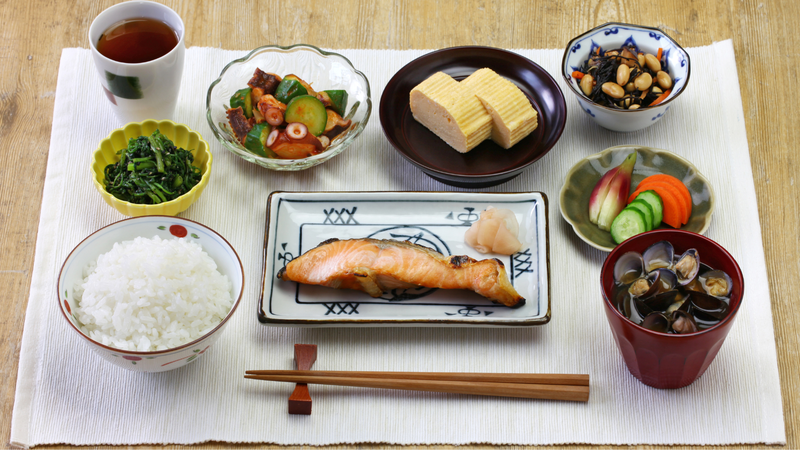
2. Fresh, lightly prepared foods
The Japanese diet is admired worldwide for its simplicity, freshness, and balance. They prefer clean ingredients, cooked quickly by boiling, steaming, or light grilling, often served with just a touch of dipping sauce.
Meals are low in oil and heavy seasoning, allowing the natural flavors of food to shine. In contrast, deep-fried or greasy dishes—though tasty—are rarely part of daily meals, as they are considered harmful to health.
This approach not only eases digestion but also provides natural nutrients, keeping the body healthy and resilient against disease.
3. Favoring white meat, especially fish
As an island nation, Japan has abundant access to seafood, and fish, shrimp, and squid are staples of their daily diet. Compared to red meat (such as beef or pork), white meat is high in protein but lower in fat, reducing the risk of heart disease, hypertension, and high cholesterol.
The Japanese particularly value deep-sea fish, rich in omega-3s and phospholipids—compounds shown to support brain development, prevent memory decline, and protect against cancer and cardiovascular disease.
Thanks to this seafood-rich diet, the Japanese enjoy nutritional balance that supports both physical health and mental sharpness well into old age.
4. Natural daily movement—walking and cycling
Even though they spend little time in gyms or doing intense sports, the Japanese remain active daily through walking and cycling.
From childhood, kids are encouraged to walk to school. As adults, walking to train stations, bus stops, or cycling to work becomes second nature. This lifestyle not only benefits the environment but also keeps people moving consistently and naturally.
Numerous international studies, including research published in JAMA Internal Medicine, confirm that regular walking lowers the risk of early death and extends life expectancy. Cycling, meanwhile, strengthens ligaments, boosts endurance, and effectively burns calories.
5. Regular health check-ups
One of the most important longevity secrets in Japan is the culture of routine medical check-ups. People see health screening as an essential part of life rather than something to do only when sick. The government also organizes free or low-cost health check-up stations to encourage participation.
As a result, many hidden conditions are detected early, making treatment more effective and less costly. This proactive approach significantly reduces premature mortality and contributes to Japan’s record-high life expectancy.
News in the same category


Sleeping Over 10 Hours a Day? Beware — It Could Signal These Hidden Health Problems

Drinking Warm vs. Cold Water — Discover How Each Impacts Your Health

Rectal Cancer Warning: 5 Uncommon Symptoms You Should Never Overlook

Be careful if your hair shows these 6 signs

Experts warn: If these 3 signs appear at night, your kid.neys may be damaged

Sho.cking health benefits of sweet potatoes you never knew about

Study identifies possible connection to autism development

You should immediately give up the habit of eating this fruit and then scraping off the seeds because it has amazing benefits that few people expect.

Cold Weather, Frequent Nighttime Urination in Men, and Its Potential Health Consequences

The familiar seeds in the kitchen turn out to be a precious medicine with 9 wonderful uses

5 evening habits for a healthy liver and clean intestines

Doctor’s Reminder: Stop Drinking These 5 Beverages Immediately

These 3 symptoms often appear in the morning - everyone should pay attention
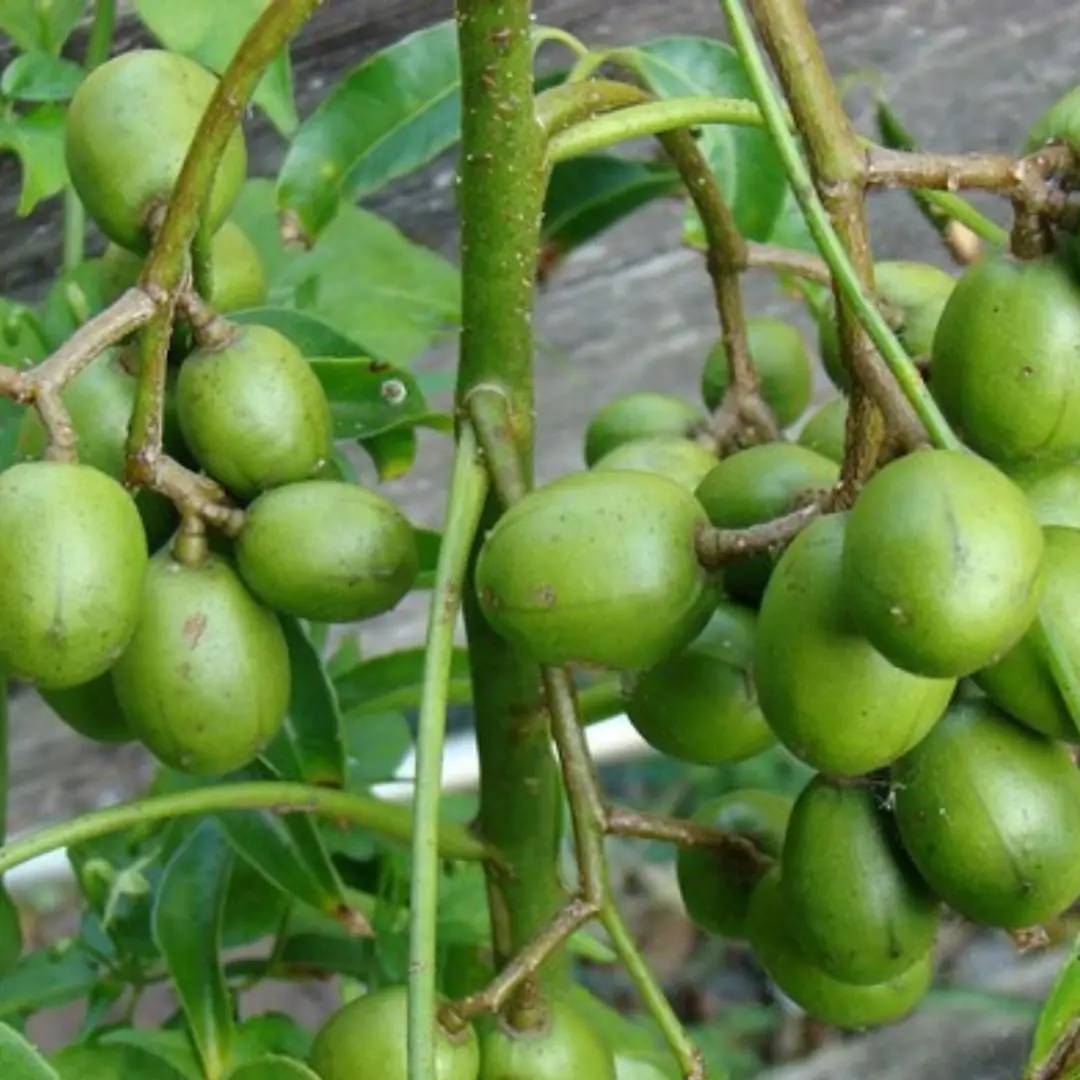
5 types of fruit that make ca.n.cer "fearful" turn out to be full in the corner of the countryside garden, the world praises them but some are ignored

This tuber is considered "winter ginseng": Eating it correctly will double the benefits, eating it incorrectly will only bring harm to the body

5 food groups that shorten life expectancy and silently feed cancer cells are favorite dishes of many people.

5 reasons you should not eat tilapia

Red dots on your skin: Causes and what they could mean

Top 10 foods that improve blo.od circulation in legs
News Post

Hyaluronic acid fillers: The surprising truth revealed through MRI scans

Sleeping Over 10 Hours a Day? Beware — It Could Signal These Hidden Health Problems

Drinking Warm vs. Cold Water — Discover How Each Impacts Your Health

Rectal Cancer Warning: 5 Uncommon Symptoms You Should Never Overlook

Be careful if your hair shows these 6 signs

A controversial incident at a supermarket has sparked debate about fairness, rules and responsibility

When buying dragon fruit, should you choose ones with short or long stems? Knowing this trick, you’ll pick 10 perfect fruits every time!

Experts warn: If these 3 signs appear at night, your kid.neys may be damaged

Eat 1 bell pepper every day, your body will receive 5 unexpected benefits

This method makes them spotless like new—no need to remove the frame
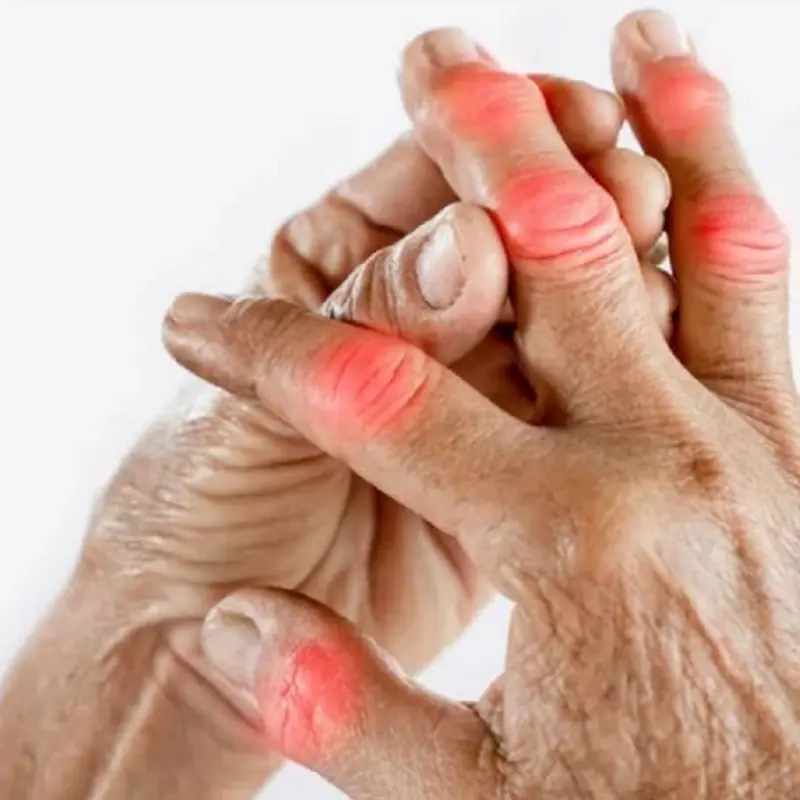
8 Early Warning Signs of Art.hr.itis You Must Pay Attention To

Sho.cking health benefits of sweet potatoes you never knew about
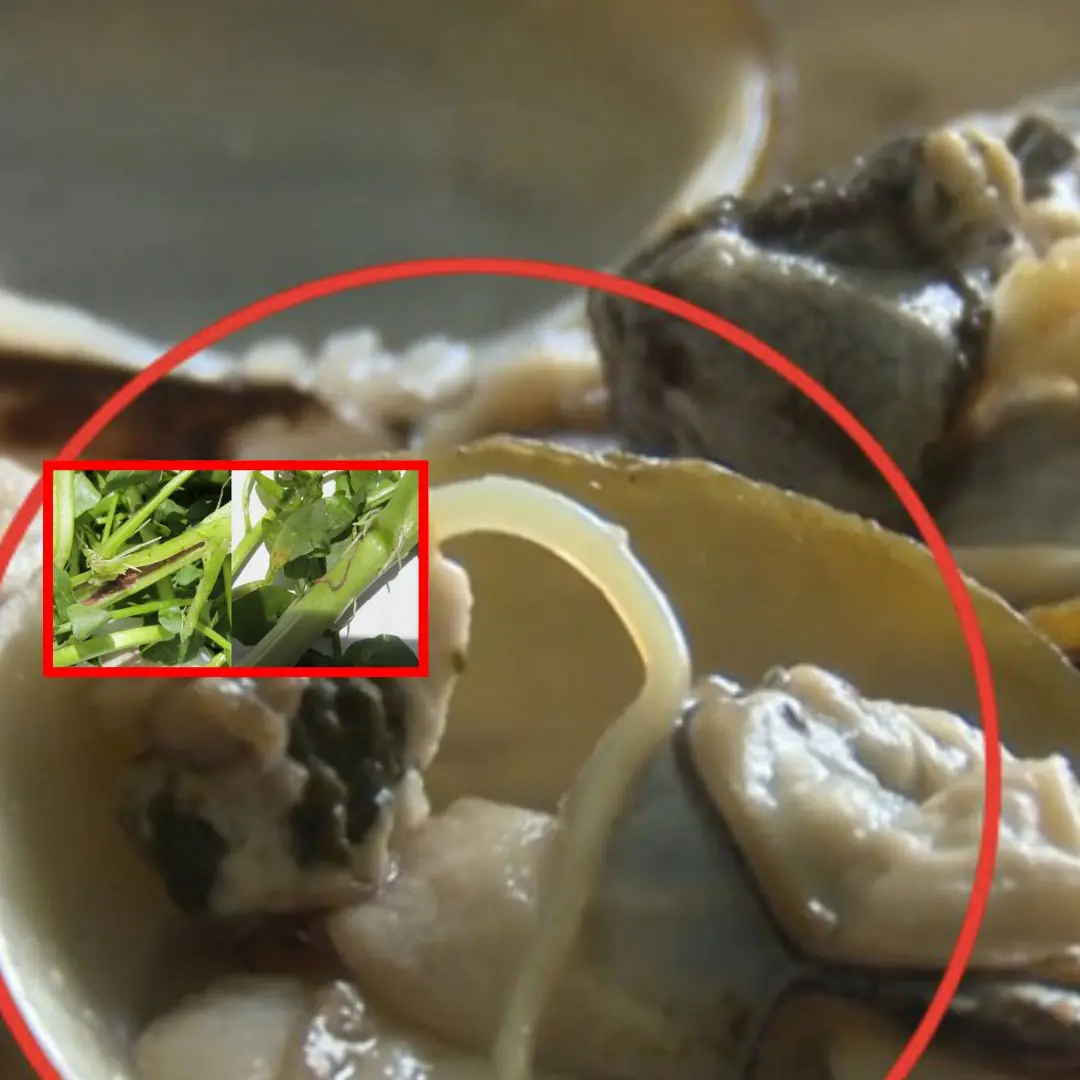
Did you know that common foods we eat daily—such as greens, seafood, and meat—can be infected with worms? Let’s explore which foods are most vulnerable and how to reduce the risk
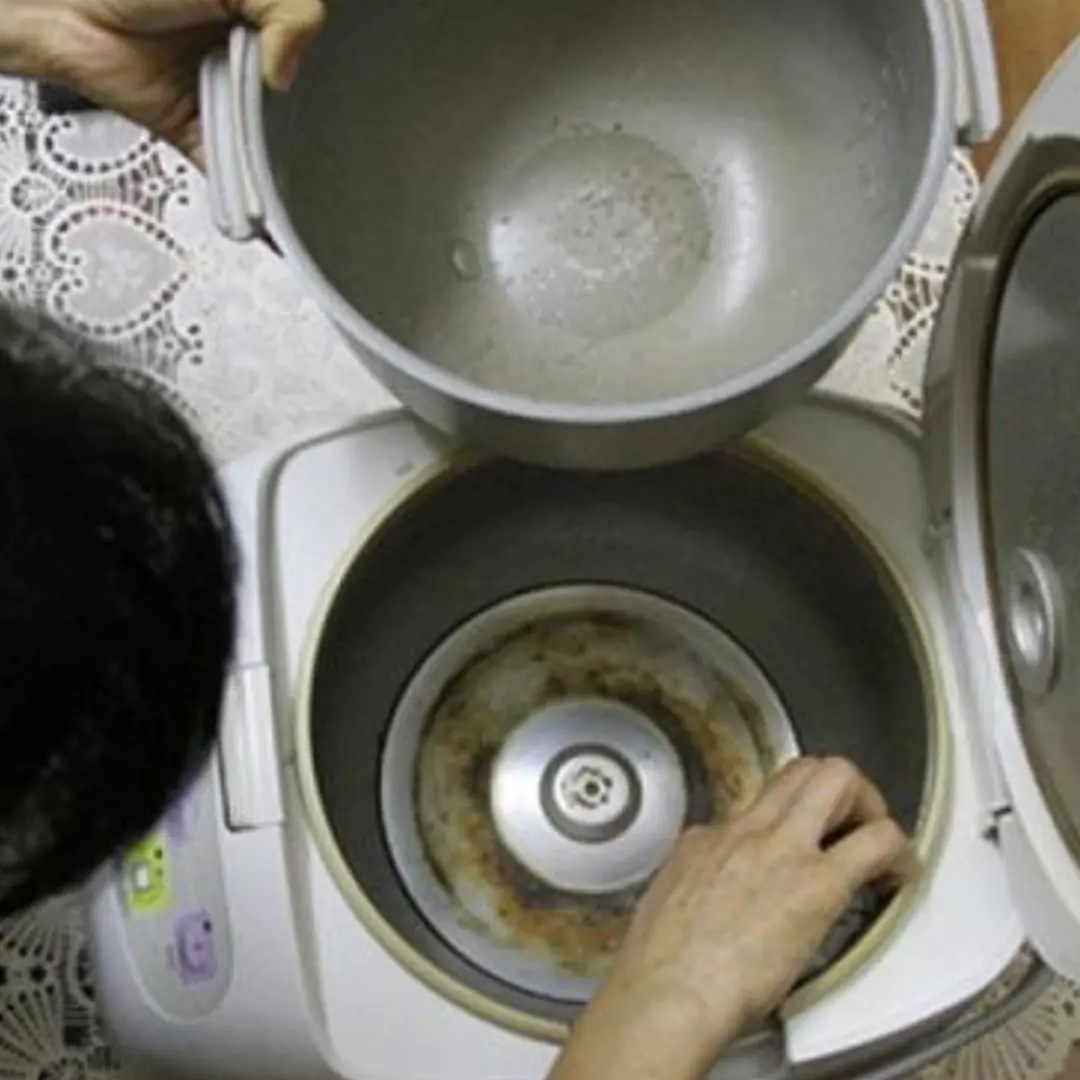
This tiny cleaning trick for your rice cooker could save you a fortune in electricity costs.

Study identifies possible connection to autism development

You should immediately give up the habit of eating this fruit and then scraping off the seeds because it has amazing benefits that few people expect.
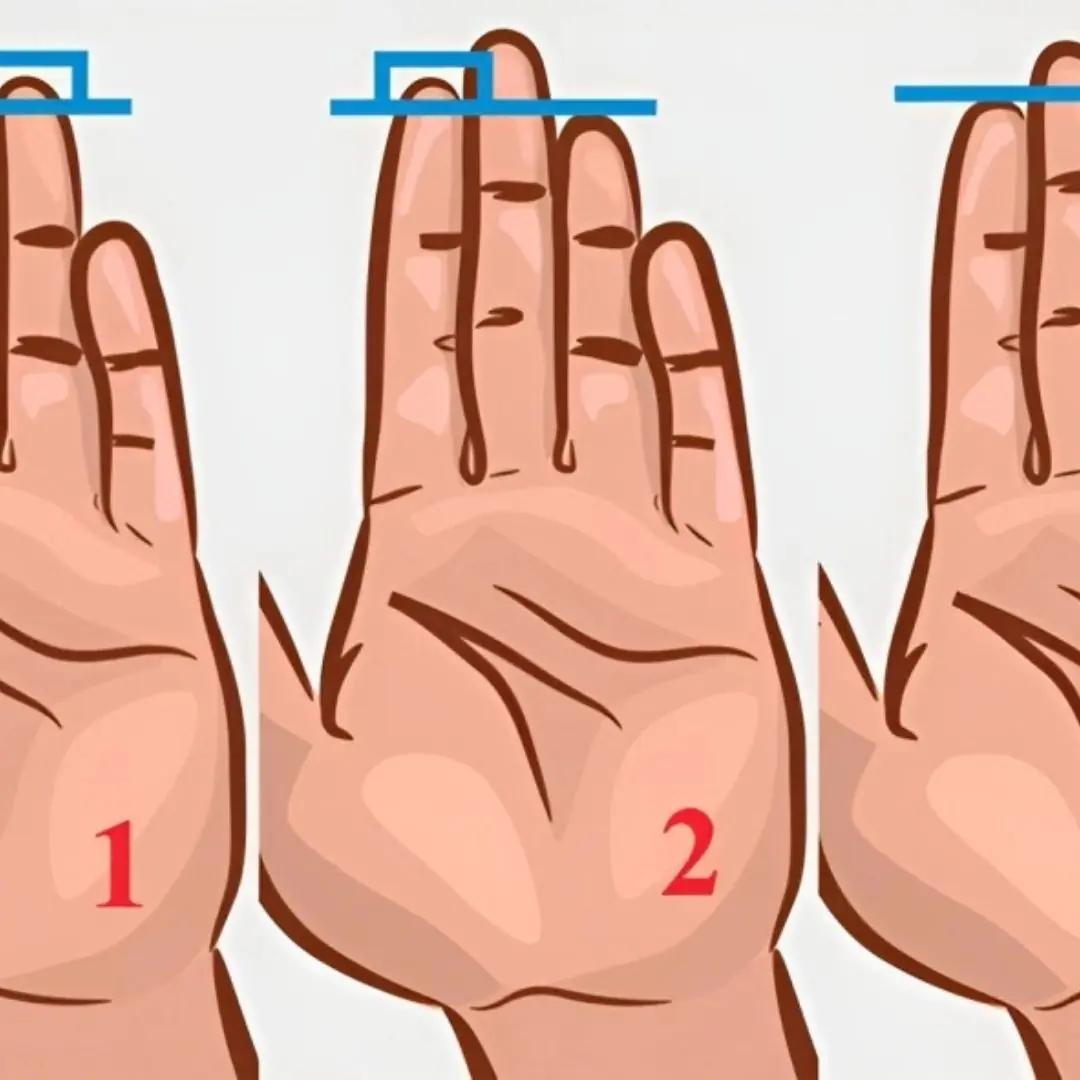
Ring Finger Length Reveals Interesting Personality Traits

The hidden risks behind two-way mirrors: What you should know
